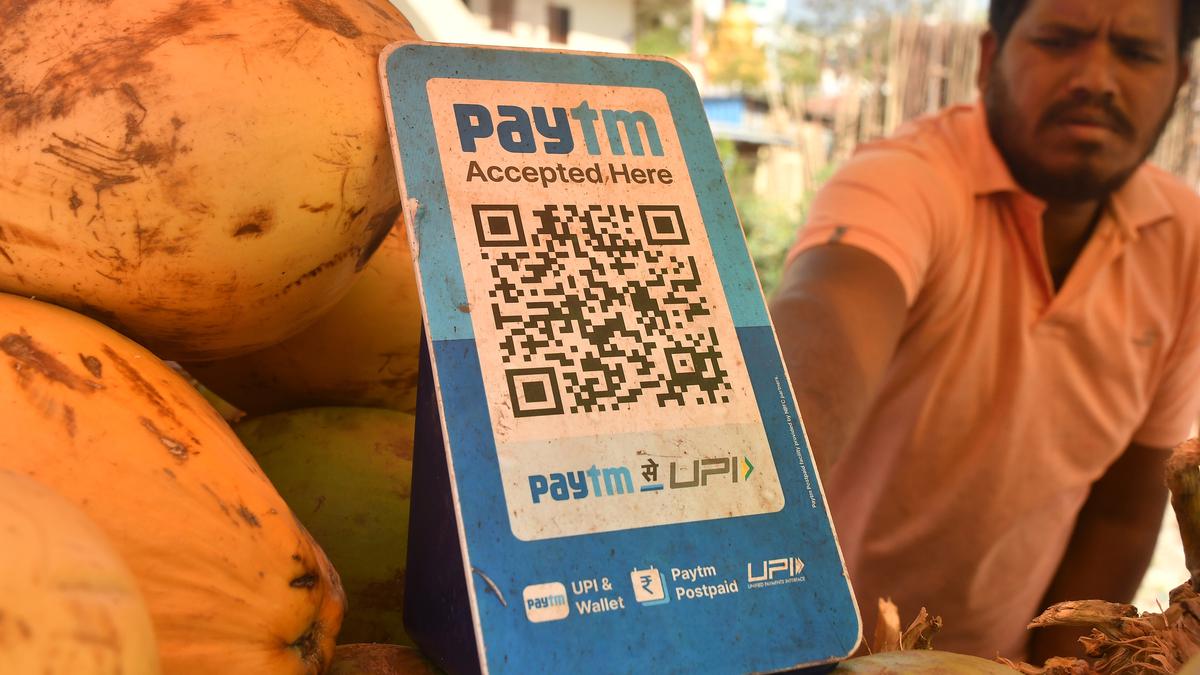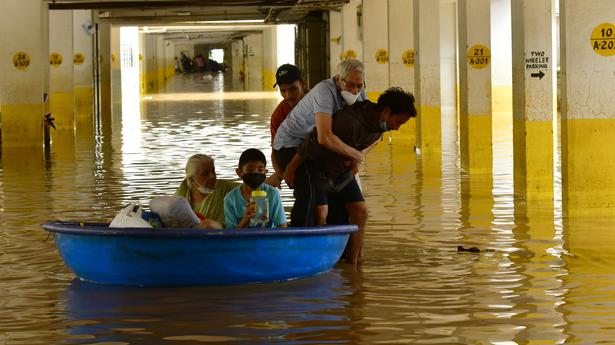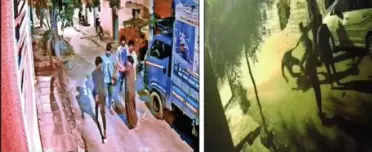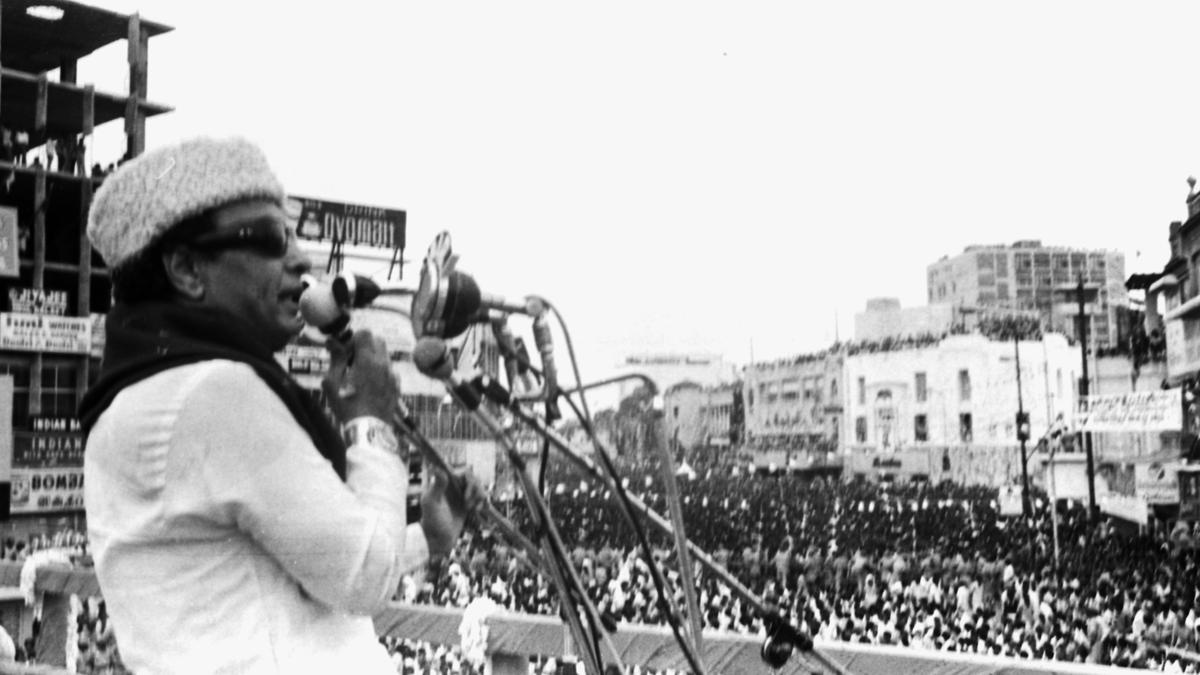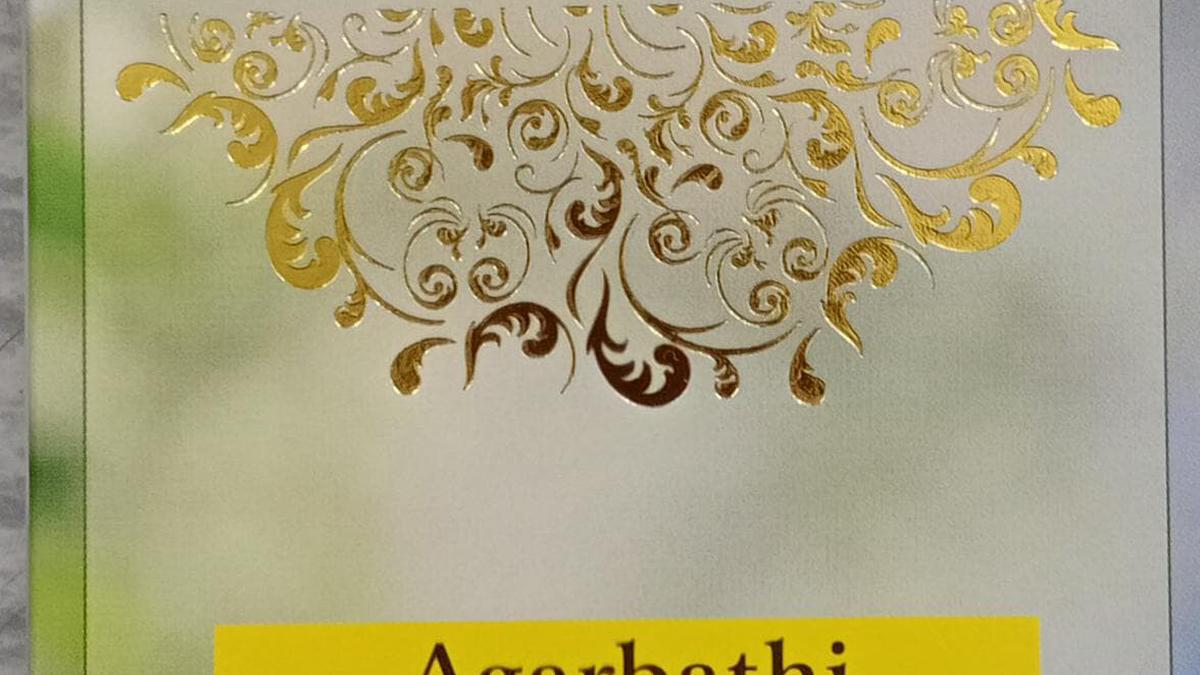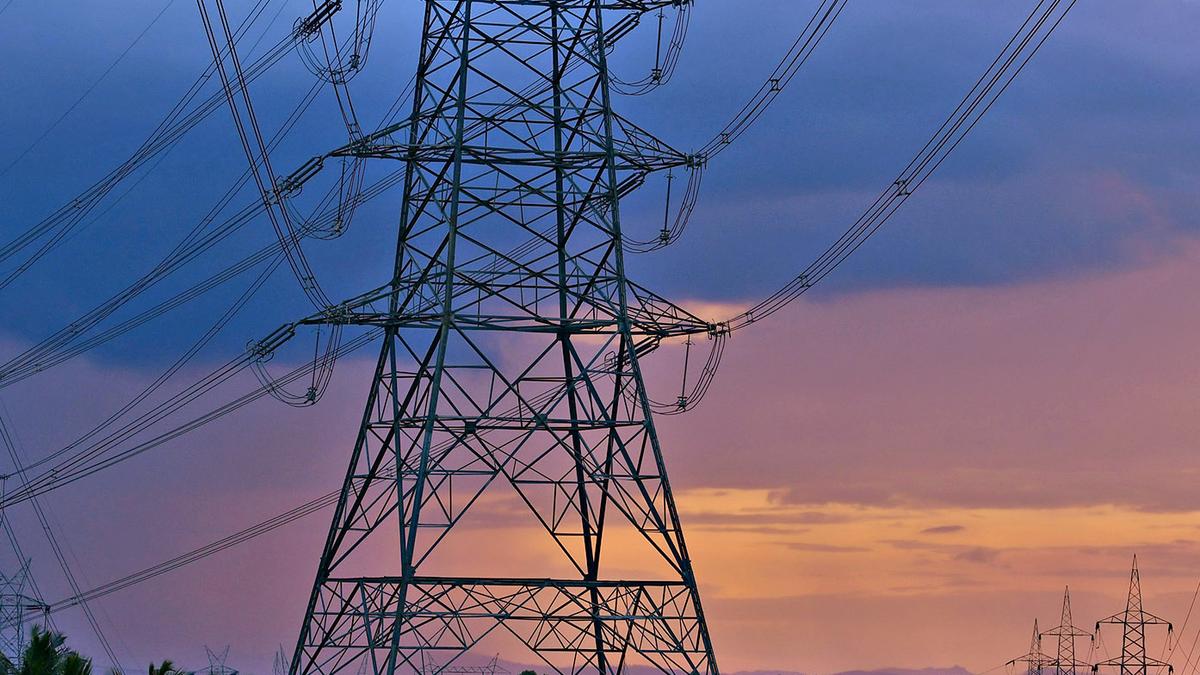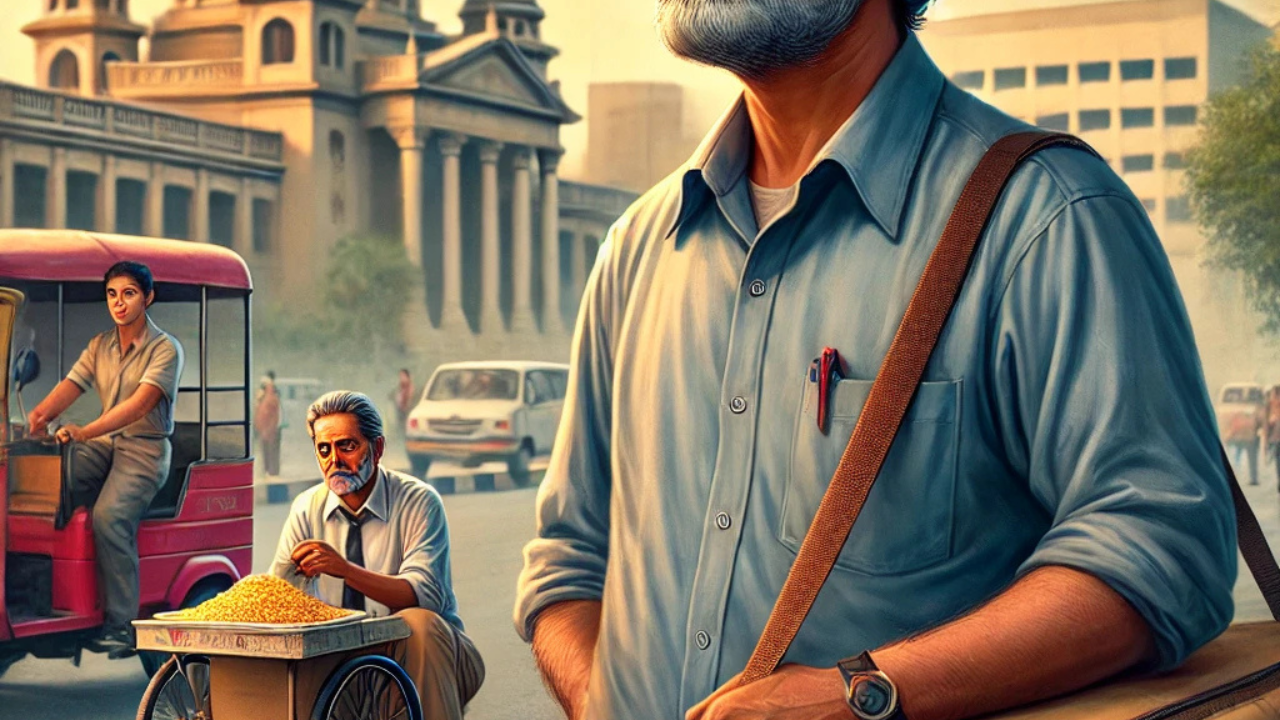T20 World Cup 2021: Quinton de Kock resolutely stands on the wrong side of history
T20 World Cup 2021: Quinton de Kock resolutely stands on the wrong side of history

How do you condense the historical struggle against racism into a single gesture? What body position best encapsulates resistance to the crimes of the British Empire, to apartheid, to Jim Crow, to the Atlantic slave trade and to the culling of indigenous people for profit? How do you distill your desire to eradicate the global social hierarchy based on one’s melanin count?
You can’t. There’s just too much that’s happened. That is happening. You’ll have as much chance of reducing an entire three course meal into a single cube of stock.
This is the problem with taking the knee. It is a binary act. You either do it or you don’t. When we place the groaning weight of racism on the shoulders of a kneeling or standing man there are bound to be complications. Is every person who kneels a soldier of the revolution? Is every person who stands an enemy of the cause? This is the polarisation of the culture war. You’re in or you’re out. You’re either a victim or an agent of violence.
What must Temba Bavuma have been thinking as he took his seat in front of a camera and prepared himself for a conversation he clearly did not want to have? He had just captained South Africa to an important eight wicket win over the West Indies in the T20 World Cup but he must have known that was the minor story of the day as he fielded questions on a digital press conference.
“As a team we're obviously surprised and taken aback by the news,” Bavuma said when the elephant in the room was finally acknowledged. The victory was secured without Quinton de Kock, the team’s premier batter and former captain.
The official line from Cricket South Africa’s media officer was that De Kock had “made himself unavailable due to personal reasons”. This raised alarm bells as hours earlier the board had issued a directive requiring “all Proteas players to adopt a consistent and united stance against racism by ‘taking the knee’ prior to the start of their remaining World Cup matches.”
In the opening game of the tournament against Australia, De Kock, Anrich Nortje and Heinrich Klaasen did not join their teammates in kneeling at the start. The optics weren’t great. The team appeared to be reading very different scripts. The Social Justice and Nation Building hearings - launched by CSA in July to lift the lid on the culture of South African cricket since readmission in 1992 - has yet to conclude. Every day new light is shed on ugly truths.
With the organisation’s flagship team in apparent disharmony, those with their hands on the levers of power opted for an ultimatum. Toe the line or move aside. This message was delivered on the morning of the match with little warning, a clear indication that none of the players asked to stand at the vanguard were consulted.
De Kock, like his teammates, was forced into a snap decision. He would not acquiesce. He has not stated what immovable force in his mind compelled him to risk his status as an international cricketer. While on tour in the West Indies earlier this year, when he was the only player not to demonstrate his solidarity with the worldwide Black Lives Matter movement, he said, “I'll keep my reasons to myself and it is my own personal opinion.”
The act of taking a knee is of course a personal one and critics will argue that it could never reach its stated aims of eradicating racism through awareness alone. Often it can feel hollow and inept. Ivan Toney and Wilfried Zaha, two Black Premier League footballers in England, have stopped kneeling as a result.
But no matter how crude the gesture may be it is the one we have and is the one CSA called for. That in itself is a red flag as any company placing such demands on its employers should be scrutinised. But we live in the ecosystem we find ourselves in and within the South African context, while wearing the rainbow flag that replaced the one of an oppressive regime, not kneeling flies in the face of the mythology that the country is built on.
South Africa is still reconciling with its tumultuous past. In terms of wealth distribution it is among the most unequal in the world and that inequality is cut along racial lines. That is no accident. That is the result of a well executed design.
And so, in choosing to stand when others would kneel, De Kock has stationed himself on the wrong side of history. This is both unfair and inevitable. It is unfair because there is no indication that De Kock is an overt racist. There is every chance that he has made this decision as a libertarian who refutes the notion that he can be told what to do by an authority figure.
At the same time it is inevitable. De Kock represents a country with a population that is more than 80 percent Black. By virtue of playing international cricket he is duty bound to represent them. By declining to kneel he is in gross dereliction of that duty.
“I don't think it's as simple as just taking a knee,” was Bavuma’s view. “I think we have to appreciate the fact that we live in a country like South Africa that has its own past that is diverse, diverse in its views, diverse in the way people see things, their backgrounds. Decisions that we take, things that we support are based on our own convictions.”
The captain would later add, “We can't escape the consequences of the choices and decisions that we make.”
Now De Kock, on his day the most destructive opening batter in the game, might be cast aside from the elite level. That would be a tremendous shame. Whatever your views, watching a generational talent leave the international arena for a life as a franchise freelancer would be a blow.
More South African players may join De Kock’s protest. He may be persuaded to join the cause. CSA may oscillate once again as it continues to lurch from one managerial changeover to another. Teeth gnashers and fist shakers and vitriol spewers on either side of the argument will fill social media platforms with hate and anger.
In the middle will be Bavuma. A man not blessed with the same natural talent as De Kock but one whose body is flooded with grace and poise. He faced a press conference that wanted answers on why a South African sports team was still grappling with racism in 2021.
Bavuma did not raise his voice. He did not panic. He did not wilt or falter. He spoke with the clarity that this whole ugly and dichotomous affair has lacked. If this is indeed a binary matter then there is no question about where Bavuma stands. Come what may, his feet are firmly planted on the right side of history.
Daniel Gallan is a freelance writer who covers cricket in South Africa



 Admin
Admin 





















